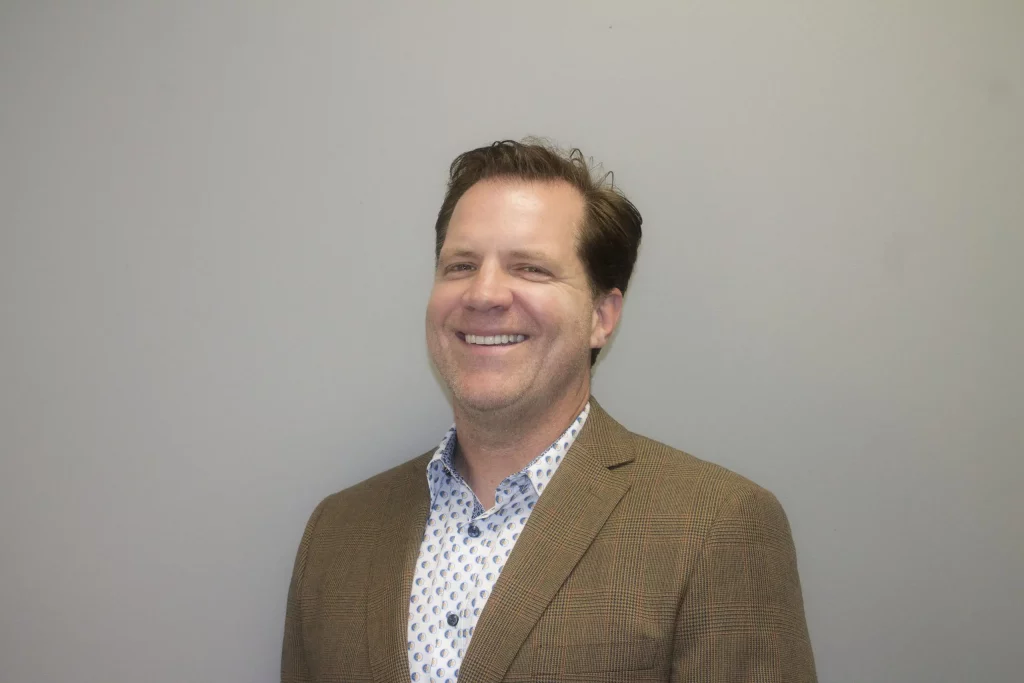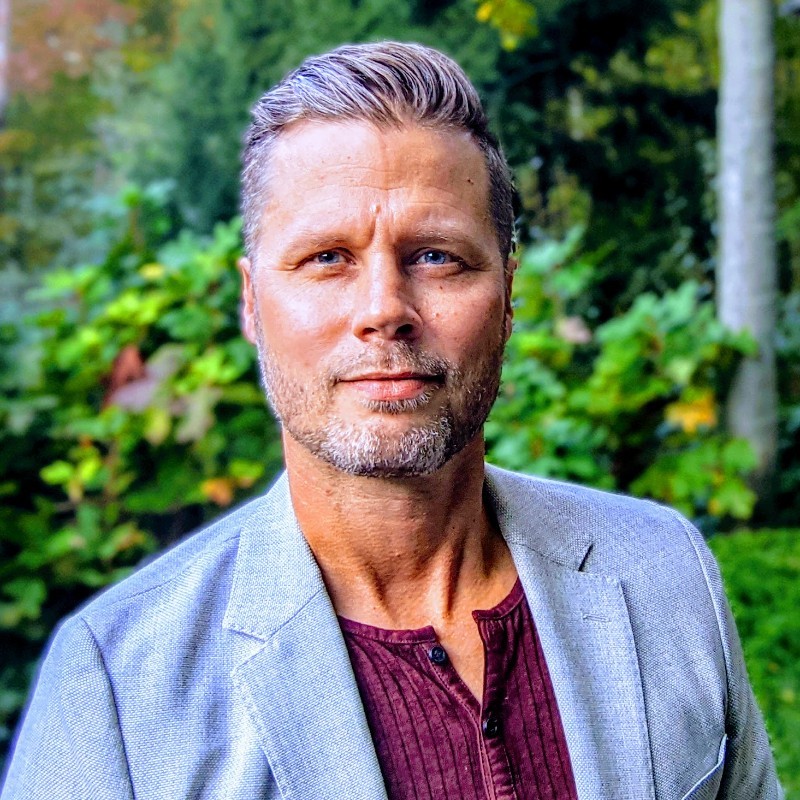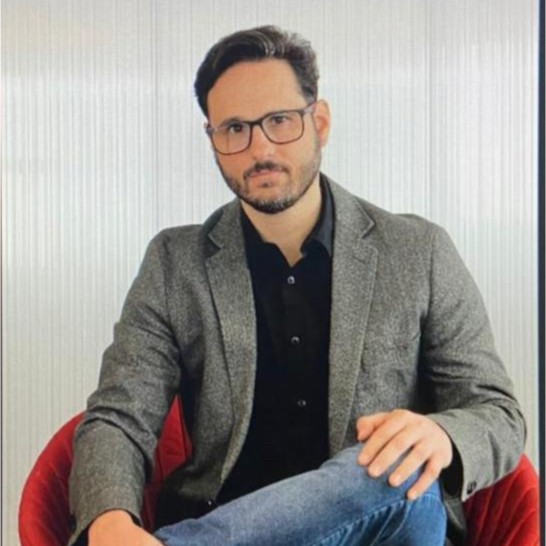FinTech
Thought Leaders in Financial Technology: SurgePays CEO Brian Cox (Part 1)

Brian elucidates a world of underbanked, underserved consumers that we don’t hear much about – many lessons for global entrepreneurs interested in unleashing fortune at the bottom of the pyramid.
Sramana Mitra: Let’s start by introducing our audience to yourself as well as to SurgePays.
Brian Cox: I’m the CEO of SurgePays. I’ve been a business builder for 20 years. My main focus has been building companies that service the underbanked. Most of my companies have dealt with recurring revenues through telecommunication or financial services. That has been where I found my niche.
>>>Thought Leaders in Financial Technology: Ed Wallen, CEO of C&R (Part 3)
Sramana Mitra: What dataset are you working with? In this example that you gave where somebody lost a job, where is that signal coming from that person who has lost a job? Are you expecting the person to report that they’ve lost a job? Where is that signal coming from?
Ed Wallen: It depends on the geography that we’re operating in. In the US, UK, and most of western Europe, we have different data providers that trigger or signal those cases to us that we’re able to ingest in real-time as that happens and then react to it.
>>>Thought Leaders in Financial Technology: Ed Wallen, CEO of C&R (Part 2)
Sramana Mitra: Let’s do use cases. You talked about AI models. Where are you firing AI models to achieve what use cases?
Ed Wallen: It’s really on a number of different facets depending on the nature of how our client operates. Generally speaking, the most common are the propensity-to-pay models. They’re action-effect models. What actions are going to lead to the desired outcomes? There’s also mathematical optimization based on the characteristics of this archetype or account. What is the optimal strategy or treatment to put them on that’s going to lead to the desired business outcome?
>>>Thought Leaders in Financial Technology: Ed Wallen, CEO of C&R (Part 1)

Ed talks about combining humanity with Artificial Intelligence to create compelling outcomes in the Collections and Receivables world. Fascinating advances in FinTech.
Sramana Mitra: Let’s start by introducing our audience to yourself as well as to the company.
Ed Wallen: I’m the CEO of C&R Software. I’ve been doing this for about 25 years building, marketing, and selling financial services solutions and systems. For the last 17 years or so, it’s been on the subsegment of that collections and recovery market.
>>>Building a Global Hardcore Financial Technology Company from Brazil: Ricardo Josua, CEO of Pismo (Part 6)
Sramana Mitra: What is your engineering team in Brazil like? How big is it? Is it all in one place?
Ricardo Josua: It’s spread around the world. We have 280 engineers at this point.
Sramana Mitra: In Sao Paulo?
Ricardo Josua: No, they’re remote. Maybe 120 are in Sao Paulo. We have become remote-first. People have an office if they want to go to an office. If the team wants to have a meeting and three of them are in India, everyone has to connect on their own device. It has to be the same experience for everyone. We have now engineers in India and Singapore. We have a growing team of engineers in the US and UK.
>>>Building a Global Hardcore Financial Technology Company from Brazil: Ricardo Josua, CEO of Pismo (Part 5)
Sramana Mitra: Your core value proposition when it comes to the global market is the combination of payments and core banking?
Ricardo Josua: This is one of the main features. You have everything rolled up in a single integration. The second one was that this is not a monolithic solution. It can provide all the systems, but you can build around them. One of the pains that we try to solve was that we don’t want to be the bottleneck in the development of products from our clients. We have to make sure that we have out-of-the-box solutions if you want a basic product.
>>>Building a Global Hardcore Financial Technology Company from Brazil: Ricardo Josua, CEO of Pismo (Part 4)
Sramana Mitra: Were these Brazilian banks?
Ricardo Josua: The first ones, yes. The first one we went to was the largest bank in Brazil. We ended up closing this large contract. It was an experiment. Just having the open door there changed everything.
Sramana Mitra: Now you can go to all the other Brazilian banks and say that you’re working with the largest bank.
>>>Building a Global Hardcore Financial Technology Company from Brazil: Ricardo Josua, CEO of Pismo (Part 1)

We don’t hear of hardcore B-to-B technology ventures coming out of Latin America very often.
Ricardo is building one that caters to banks and financial institutions, has raised over $100M in financing, has over $25M in revenue, and has major Latin American banks as customers.
Sramana Mitra: Let’s start at the very beginning of your journey. Where are you from? Where were you born, raised, and in what kind of background?
>>>